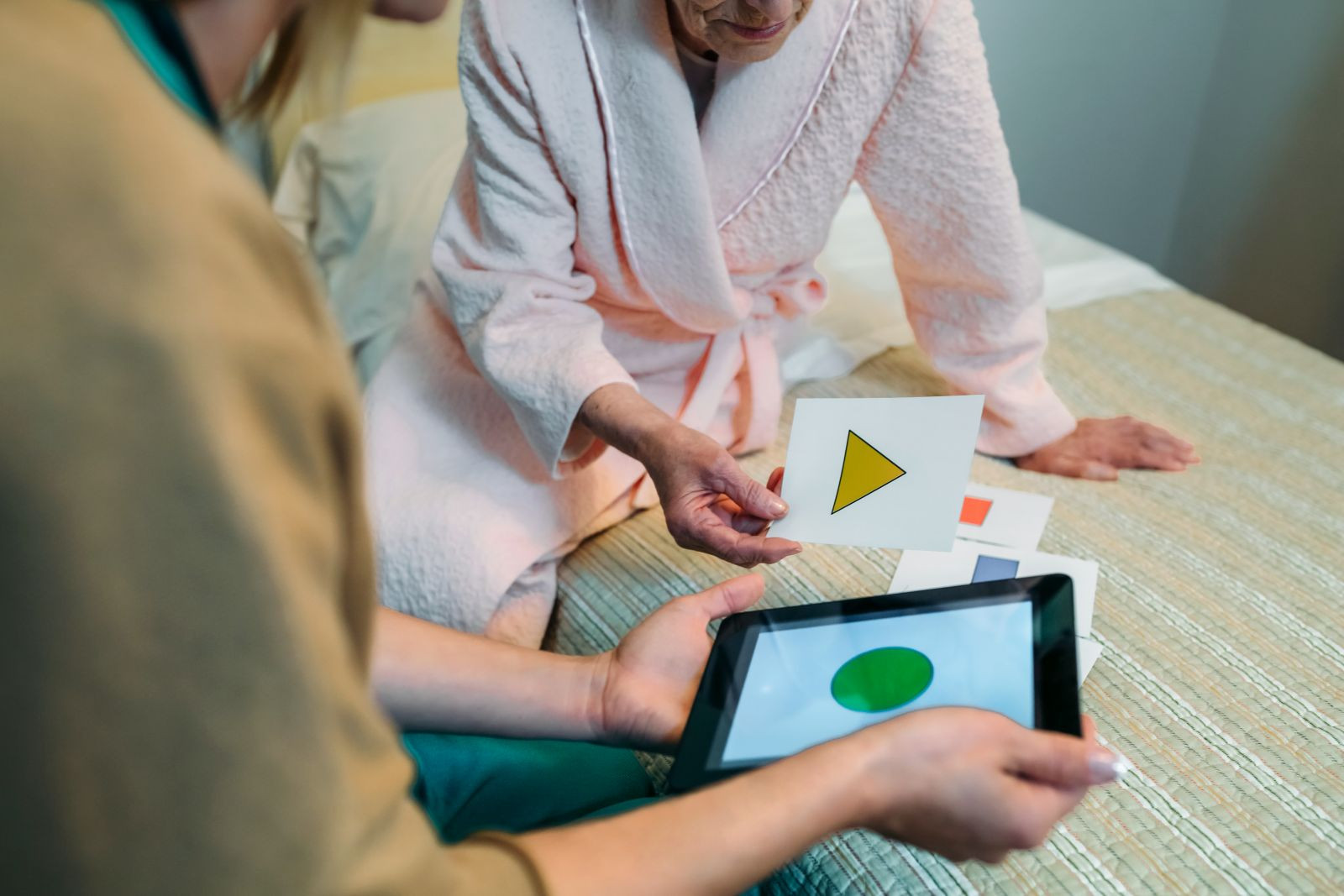
How does the brain work to memorize lessons?
The brain is a big floppy disk. Not the one you give to your friends at table football, the one that stores everything (and also anything). It decides to keep in any case what it considers important. And strangely enough, your lessons may not be part of it And to give importance to the information that we want to remember, I have these tips in my pocket, or rather, in my memory.
The encoding
First step: the information is transmitted by the hippocampus to one or more specialized lobes which will process it and create a “ memory trace The more precise the coding, the more the memory trace is anchored in the brain and the information is well recorded. Imagine, you remember my nickname “Walt”, then my date of birth, where I live, the number of students I saved thanks to the work-study program, my mother’s first name Christelle, and my phone number (hey, I can see you rascals coming, not even in my dreams). In short, by remembering all that, you have coded the information precisely enough to find it in the depths of your neurons.
Storage
Speaking of neurons, it is not them that allow us to remember. It is the connections that we make between them and between the different storage locations . This storage obeys rules: the shorter the voluntary or involuntary storage, the faster this space empties to make room for new information that arrives. This is exactly why revising in the evening for the next day, or worse, in the morning for… the morning, well, it doesn’t work very well. To keep your “memory trace”, there must be initial learning during the course, then several a little later when you are alone. The course can then pass into long-term memory, where there is less limited space.
Recalling information already saved
To remember Chapter XII of Scapin’s Fourberies, the information must have been recorded correctly. That is to say, with sufficiently advanced coding so that the memory can latch on to reference points that are not only precise but also varied (what trickery, when, with whom, etc. Let’s move on. This information must be well organized in your storage space, as during the encoding step. For example, remember that the Saucepan is one of the most famous asterisms in the northern hemisphere, part of the Big Dipper which itself is the third constellation in the sky, remember that it was your first crush who taught you this during a summer evening when you were sleeping in a tent.
4 memorization techniques
Make connections with what you already know.
Since we only remember what we consider important, it is super important to connect the information to what you already know, to give it this importance. That’s why Joan of Arc, easily remembers her story, since everyone has an aunt named Joan, and everyone has already seen the fire. Here you have linked his History to a concrete reality, unlike the overly theoretical courses which surely don’t mean much to you.
It’s very emotional!
Also, the brain judges that emotionally charged information is important. Why do you think you remember the ending of Thirteen Reasons Why so much better than your two-vector exponential geometry class? Not only does the brain retain them better, but it also keeps them longer. If you try to remember your childhood, you will probably remember your birthday parties more than the infamous peas in the canteen. Although, that too is a striking piece of information all things considered…
The technique of associations
This memorization technique combines two major points: that of retaining something not necessarily transcendent with data that is hyper-rich in emotions. Are you visualizing Waterloo; the final defeat of Emperor Napoleon I, in 1815? Combine this battle with a great afternoon spent with friends at a water park. There you have it, you have achieved a real feat by inventing a mental image Want more? No problem. You’re learning English, and more specifically the word “actually”. In French, it means “in fact”, except that you always associate it with “currently”. Well, imagine that you are finally watching Love sitting comfortably on the couch and that you are debriefing with your best friend what you would have done in his place. You most certainly start with “actually”. Congratulations: you have just associated the word actually with “in fact” by creating an association with a good moment, while the basic information is not crazy to remember. Finally, why are you so excited about playing in my suitcase? Because you make visual and sensory associations!